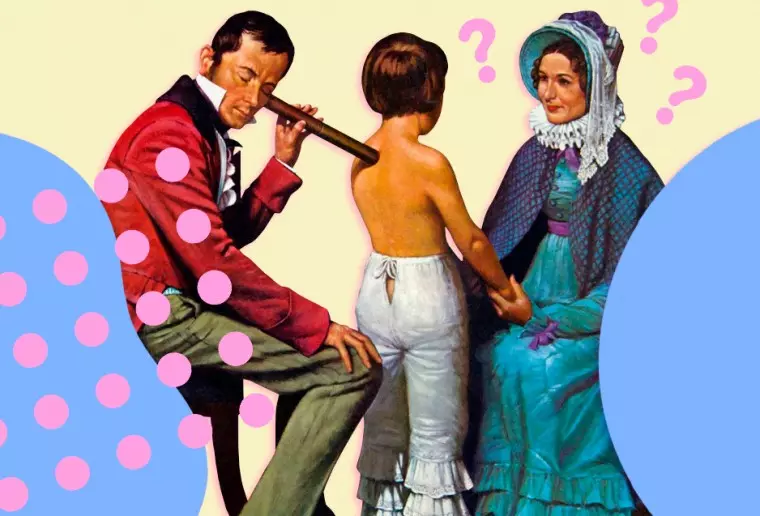
Last week, the text of sociologists about rudeness in the medical sphere published on jellyfish was quite rapidly discussed in social networks. Although this type of behavior is often considered the remnant of the USSR, the coarse attitude towards patients did not disappear anywhere.
A number of famous doctors - for example, a pediatrician Sergey Butychuk, Oncologist Anton Barchuk, Cardiologist Artemiy Okhotin - spoke in the footsteps of this text in their blogs about what they see the origins of Ham's behavior of colleagues.
We also can't leave this problem without attention and decided to make a list of things that most all all aggregate with children's doctors.
Doctors do not understand and speak riddlesLegends have long been conceived by the handwriting of doctors. It was hoped that with the advent of computers this problem will leave. But no - the letters themselves now, maybe they have become clearer, but no one still says that it is worth it for these abbreviations.
Of course, professionalism distorts the optics of a specialist. But no matter how causing a parent, something he may not know. Therefore, it would be great if diagnoses, procedures and treatment methods were still clarified, and did not transfer to parents as a secret cipher.
Doctors are poorly brought upNo matter how sad it is not to recognize this, even such banal rules of etiquette, as "say hello and introduce themselves", are not always implemented in the doctor's office. To the parents and to the child are often handled not by name, but with the help of some generalizing words.
Parents of patients are not some incomprehensible "mammies."
And when they come to the office, they can be welcomed and at least honor. We often become witnesses of such ignoring-aggressive behavior and when we see how doctors communicate with nurses. All this does not have a trust relationship, which, in theory, our bilateral communication should be built.
Doctors rudely conduct inspectionThe rough manner of communication often passes into the rude inspection manner. Although it would seem, the patient - no matter how many years old should be in the spotlight, and not the doctor with his almost unlimited power.
It was the patient and his parent doctor who must arrange to himself and explain exactly which actions will now produce in which sequence and why. And not just - bending, bending your hands and make the mouth open. It is not surprising that after such unsuccessful experiences, the child may develop fear before going to the doctor. For this, it is not even necessary to make him any injections.
Doctors are lynchingA pediatrician who does not want to carefully explore the map of his patient, to conduct routine inspection procedures and give the direction to another specialist to obtain a control opinion, most likely met each. Medical negligence is, it may be, it's true too loud term for such behavior, but it is from boycotting such routine actions that begins.
We are difficult for our parents to ask the doctors what they have to do so by profession. Laine should not be the cause of refusal to carry out additional analysis or additional inspection.
Doctors do not want to learn newModern parents have an advantage over the previous generation: we have the Internet and access to a large number of resources not only in Russian, but also in other languages. Therefore, we can learn about some new discoveries and standards at about the same moment as the entire global medical community. But whether the desire for knowledge is our district pediatrician or in the old manner will write green as a universal medication - a big question.
Justice should be said that many of these "sins" are noticed not only in domestic medicine, but are also known all over the world.
Another 70 years ago, the English pediatrician Richard Esher wrote a lecture on behavioral patterns, which considered unacceptable for doctors. The recent audit of this text Australian Dr. John Massie showed that many phenomena described by his colleague last century are still found in practice. So this is a global trouble. Although it is easier from this anyway does not become.
And what is most of all straining in communication with pediatricians?
Still read on the topic
